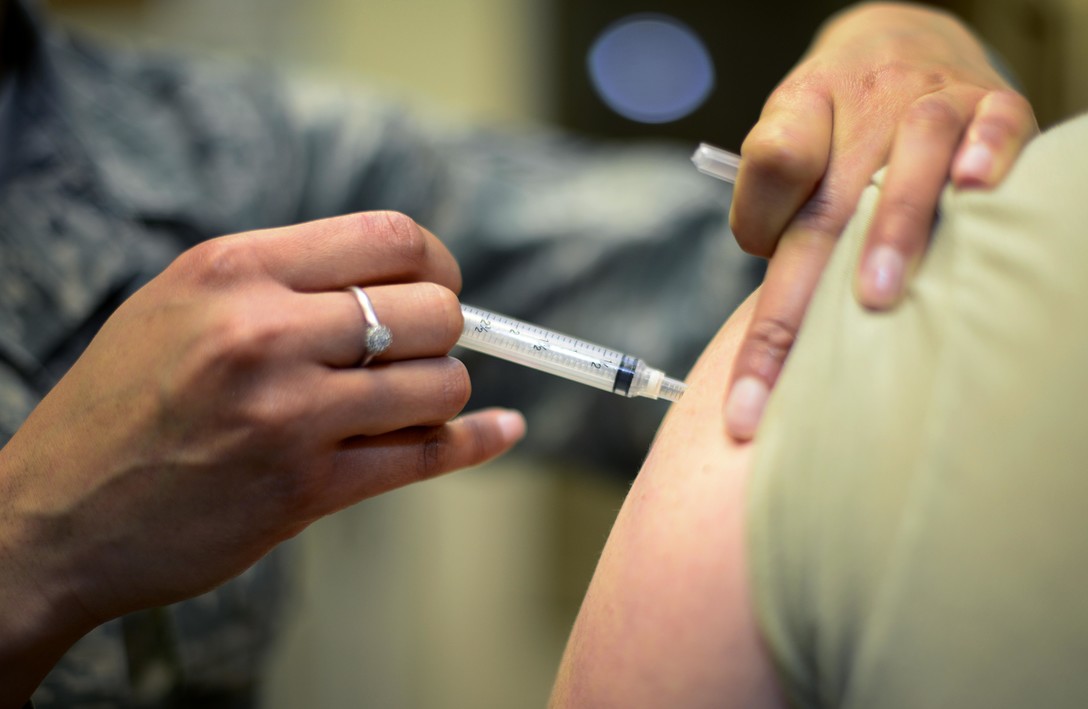A new Tennessee bill would protect the conscience rights of people who oppose vaccines created with cells derived from aborted babies.
State Rep. Jay Reedy, R-Erin, recently introduced the Religious Exemption Protection Act (House Bill 10) amid fears that government employers may mandate vaccines for employees due to COVID-19, The Federalist reports.
Pro-lifers have expressed concerns about some of the new coronavirus vaccines because they were created with cell lines from aborted babies. The vaccine from AstraZeneca, in particular, was developed with a cell line created from an aborted baby’s kidney, though the baby’s cells are not in the actual vaccine.
According to The Federalist: “Employees have already been fired for declining COVID-19 vaccination, setting up a precedent for people to lose jobs and face other consequences in the future for not accepting other medical demands.”
Reedy’s bill would protect conscience objectors by prohibiting state government agencies from mandating the vaccine for their employees.
Follow LifeNews on the Parler social media network for the latest pro-life news!
“A state agency or department shall not promulgate or enforce any rule, and a political subdivision of this state shall not promulgate, adopt, or enforce any ordinance or resolution, that requires medical examination, immunization, or treatment for those who object to the medical examination, immunization, or treatment on religious grounds or by right of conscience,” the legislation states.
Gary Humble, executive director of Tennessee Stands, which supports the bill, said the legislation would protect employees’ moral convictions.
“The bill simply removes an employer’s ability to force someone to receive an immunization or any sort of medical treatment as a condition of employment,” Humble said. “However, the employer fully retains the right to have an employee stay home with or without pay if they are actually sick.”
He said the notion that it would force employers to allow sick people to return to work and risk the health of others is false.
“This is a ludicrous statement and shows a complete lack of understanding regarding the law,” Humble said.
There are conflicting opinions about the new coronavirus vaccines among pro-life and religious leaders. Many have recommended that pro-lifers avoid the AstraZeneca vaccine because it was developed with cells created from aborted babies.
The Pfizer vaccine and another from Moderna also have a remote connection to abortion. Cells derived from an aborted baby were used in “the animal-phase testing,” but they were not used in the development or production of the vaccines. Because the connection to abortion is small, many believe the vaccines are acceptable, especially when no alternative is available. However, others argue that any connection to abortion, even a remote one, makes a vaccine unethical.
Vaccines can be and are produced with ethical materials, including pluripotent stem cells and tissue from placentas, umbilical cords and amniotic fluid. In 2018, the Trump administration created a $20 million grant to invest in these ethical research alternatives.
Last year, the Charlotte Lozier Institute identified 17 research groups that were conducting ethical coronavirus vaccine experiments while five that were not. The five using cells from aborted babies in their research include researchers with the University of Oxford (AstraZeneca), Johnson & Johnson and the University of Pittsburgh.
Vaccine producers are listening to pro-lifers’ concerns. In September, the company Sanofi-Pasteur announced plans to produce a new, ethically-developed polio vaccine. The project will replace an older polio vaccine that was developed with cells from an aborted baby, according to the Catholic News Agency. Sanofi-Pasteur is one of the largest vaccine production companies in the world.








